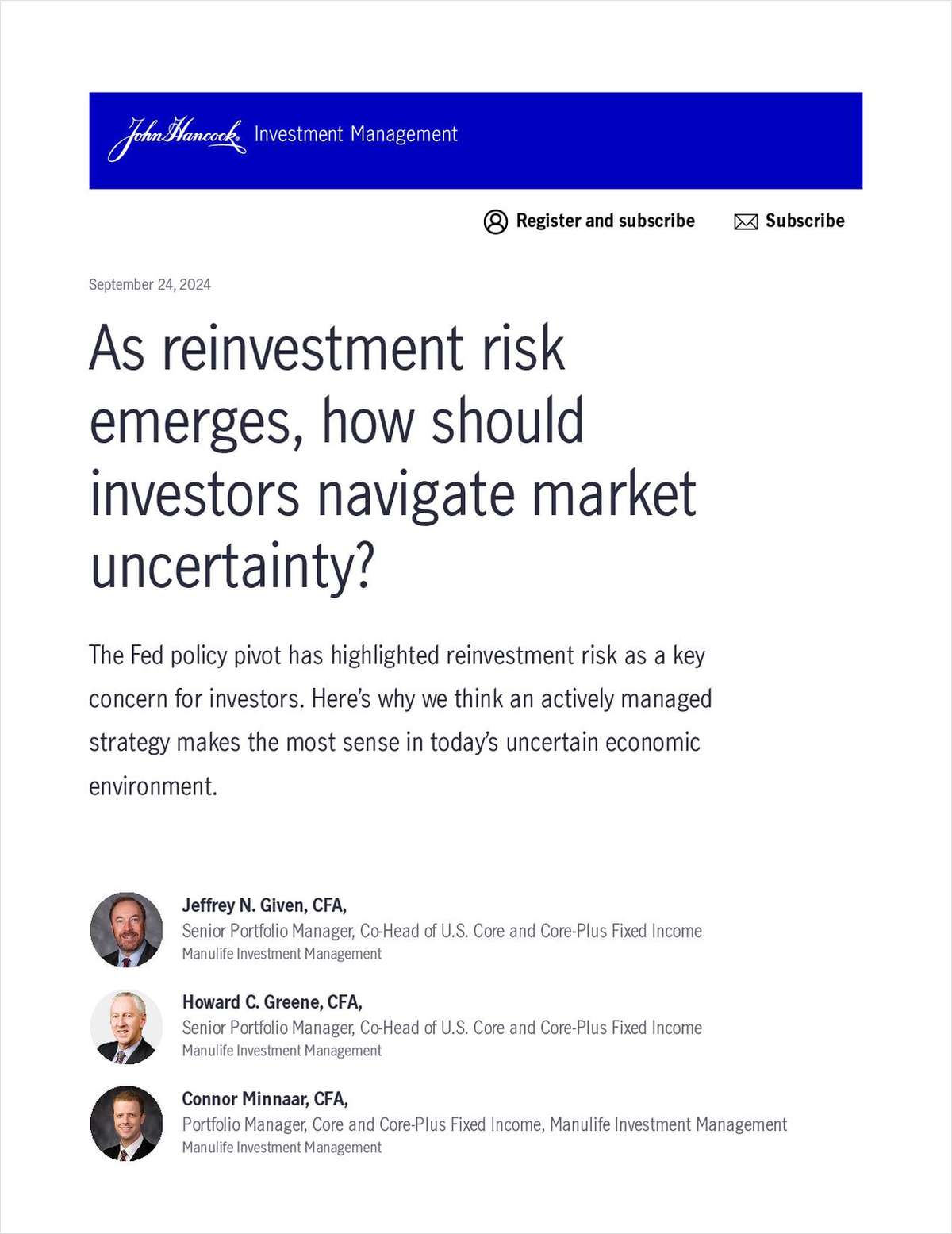The Senate Special Committee on Aging heard arguments this week about the possibility of shoring up the Social Security trust fund by taxing a higher percentage of employee earnings.
John Irons, research and policy director at the Economic Policy Institute, Washington, recommended that the cap on the amount of employee earnings subject to the payroll tax be eliminated.
That change "would eliminate most, and potentially all, of the shortfall, while maintaining a link between higher employee contributions and higher benefits," Irons said. "It would not lead to extremely large benefits for millionaires, which could be a concern if the cap were eliminated altogether and all earnings were credited for benefit calculations. Finally, self-employed taxpayers, who are responsible for both employer and employee contributions, would not face as large an increase in payroll taxes."
Sen. Herbert Kohl, D-Wis., chairman of the Aging Committee, and Sen. Mel Martinez, R-Fla., the highest-ranking Republican on the committee, told Irons that they were concerned that his proposal would cause the loss of jobs and other financial burdens.
Irons acknowledged that his proposal could cause some loss of jobs.
But, in comparison with other options, increasing the amount of income subject to the payroll tax would have "a smaller impact on the macro economy across the board" and it offers "the least cost of the options before you," Irons said.



